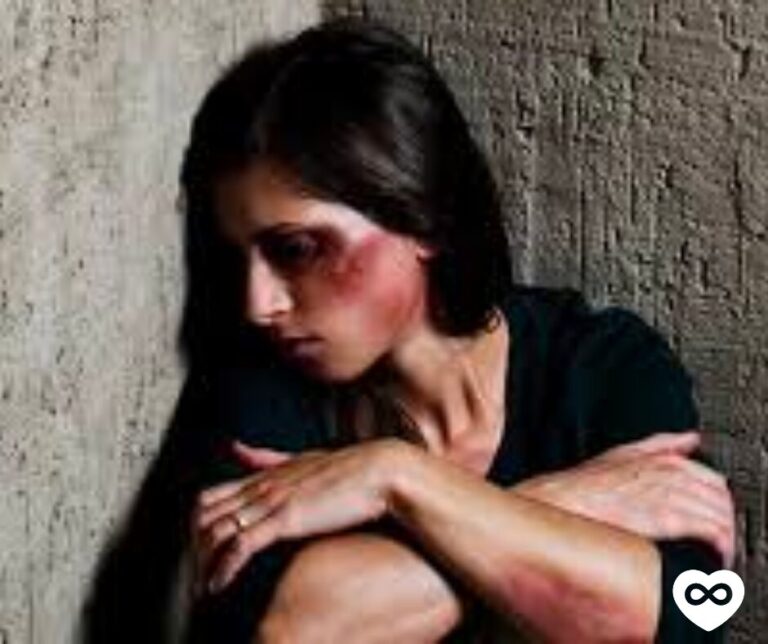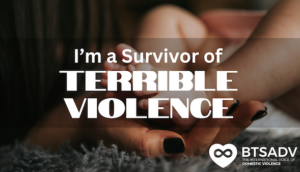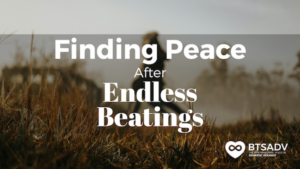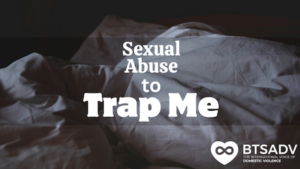By Guest blogger Allison Brown
Understanding the Link Between Domestic Violence and Addiction
Domestic violence and addiction often go hand in hand, creating a toxic cycle that deeply impacts the lives and well-being of women. The emotional and physical toll of abusive relationships can lead survivors to turn to substances like alcohol or drugs in an attempt to cope. Unfortunately, substance abuse only compounds the trauma, making it even harder to escape. But there is hope. With the right support, women can break free from this vicious cycle and reclaim their lives through empowerment and recovery.
In this article, we’ll explore the complex connection between domestic violence and addiction, discuss the challenges faced by women, and provide practical strategies for healing and empowerment.
Key Takeaways
- The Interconnection of Domestic Violence and Addiction: Understanding how abuse and substance use often reinforce each other.
- The Unique Challenges for Women: The additional struggles women face when addiction occurs within an abusive relationship.
- Building a Safety Plan and Support System: Essential steps for escaping abuse and starting the recovery process.
- The Power of Trauma-Informed Care: How holistic approaches can transform the healing journey for survivors.
- Community and Legal Resources: How to access support services that provide comprehensive care for needy women.
The Complex Relationship Between Domestic Violence and Addiction
The link between domestic violence and substance abuse is rooted in trauma. Survivors of abuse often experience profound emotional pain, which they may try to numb with drugs or alcohol. Unfortunately, this coping mechanism can quickly spiral into addiction, which further isolates them and makes it harder to leave the abusive relationship. The cycle of trauma, self-medication, and addiction creates a daunting barrier to safety and recovery.
The Cycle of Trauma and Addiction
Domestic violence can lead to serious mental health issues, including PTSD, depression, and anxiety. These conditions can make it difficult for survivors to break free, as they may use substances as a form of self-medication. Unfortunately, addiction can create more barriers, including a lack of emotional and financial independence, making it even harder to escape the abusive relationship.
Identifying Warning Signs and Risk Factors
Recognizing the signs of domestic violence and addiction is the first step toward breaking free. Common warning signs include:
- Sudden changes in mood or behavior
- Isolation from friends and family
- Financial dependence on the abuser
- Physical injuries or unexplained bruises
- Increased use of alcohol or drugs
If you or someone you know is experiencing these signs, it’s important to reach out for support before the cycle becomes harder to break.
The Impact of Domestic Violence and Addiction on Mental Health
Domestic violence and substance abuse often go hand in hand, with devastating effects on mental health. Survivors may struggle with feelings of shame, fear, and self-doubt, which can hinder their ability to seek help. Comprehensive mental health support is crucial in addressing both the emotional trauma of abuse and the psychological effects of addiction.
Key Challenges and Potential Solutions
- Fear or Shame: Survivors may fear being judged or not believed. Providing non-judgmental, trauma-informed care helps build trust and safety.
- Lack of Safe Housing: Finding a secure, supportive environment is essential. Partnering with local organizations can help survivors find emergency or transitional housing.
- Financial Dependence: Economic control by the abuser can make it difficult for women to leave. Offering job training, financial literacy, and empowerment programs can help women regain their independence.
Building a Safety Plan and Support Network for Recovery
Leaving an abusive relationship and overcoming addiction can feel overwhelming, but it’s possible with the right steps and resources. One of the first steps in escaping both domestic violence and addiction is to create a detailed safety plan.
Creating an Emergency Exit Strategy
A safety plan should outline how to leave the situation quickly and safely. This might include:
- Packing an emergency bag with essentials (ID, money, medications).
- Identifying trusted people who can help you escape.
- Practicing your exit plan in advance to ensure you can act quickly in a crisis.
Finding Safe Housing and Legal Resources
Safe housing is crucial for women who are escaping abuse. Women’s shelters and transitional housing programs can provide both a safe space and access to resources. Additionally, legal resources, such as assistance with restraining orders or custody issues, are vital in protecting your rights and keeping you safe from your abuser.
Connecting with Support Groups and Counseling Services
A strong support network is essential in the recovery process. Support groups provide a sense of community, while counseling services can help you process your trauma and addiction in a safe, supportive environment. Finding the right support is key to long-term recovery and empowerment.
The Role of Trauma-Informed Care in Recovery
Healing from domestic violence and addiction requires a holistic, trauma-informed approach. This type of care recognizes the impact of trauma on mental health and addiction and focuses on helping survivors regain control over their lives. Trauma-informed care can empower women by:
- Providing a safe, supportive environment for healing.
- Offering services that acknowledge and address the trauma women have experienced.
- Empowering women to make informed decisions about their recovery process.
Community and Legal Resources for Empowerment
Access to legal resources, community support, and counseling services is crucial for women seeking to escape the cycle of domestic violence and addiction. Many organizations provide shelter, legal aid, and financial assistance to survivors. Connecting with these resources can help you build the foundation for a safe and independent life.
Frequently Asked Questions
Q: What is the connection between domestic violence and substance abuse?
Domestic violence and substance abuse are often linked through trauma. Abuse can lead to addiction as victims attempt to cope with emotional and physical pain. At the same time, substance abuse can make individuals more vulnerable to further abuse. Addressing both issues simultaneously is crucial for effective recovery.
Q: How can I create a safety plan to escape domestic violence and begin recovery?
A safety plan includes steps like packing an emergency bag, identifying safe places, and securing important documents. It also involves finding trusted people who can help you leave and connect with resources for safe housing and legal assistance.
Q: What support services are available for women recovering from both domestic violence and addiction?
Many organizations offer support for women facing both domestic violence and addiction. These include women’s shelters, counseling services, support groups, and legal assistance. These services help provide a comprehensive support system for recovery.
Q: How can I build a strong support network during the recovery process?
Building a support network involves connecting with trusted friends, family, and support groups. Trauma-informed therapists and counselors can also provide vital emotional and psychological support during recovery.
Conclusion: Empowerment and Recovery Are Possible
Women who face both domestic violence and addiction are resilient, and with the right support, they can break free from the cycle of abuse and reclaim their lives. By addressing both the trauma of abuse and the challenges of addiction, survivors can find a path to healing, empowerment, and lasting recovery. If you or someone you know is struggling, remember that help is available, and there is always hope for a brighter future.
Keywords:
- Domestic violence recovery
- Addiction and abuse recovery
- Women empowerment
- Substance abuse and domestic violence
- Trauma-informed care for survivors
- Support for women escaping abuse
- Breaking the cycle of addiction and abuse
- Mental health support for domestic violence survivors
- Safety plan for abuse survivors
- Legal resources for women in abusive relationships
- Hashtags:
- #DomesticViolenceRecovery #AddictionRecovery #WomenEmpowerment #TraumaInformedCare #SubstanceAbuseSupport #BreakTheCycle #MentalHealthMatters #SurvivorStrength #SupportForWomen #EndTheViolence #EmpowermentThroughHealing #HolisticRecovery #CommunitySupport










